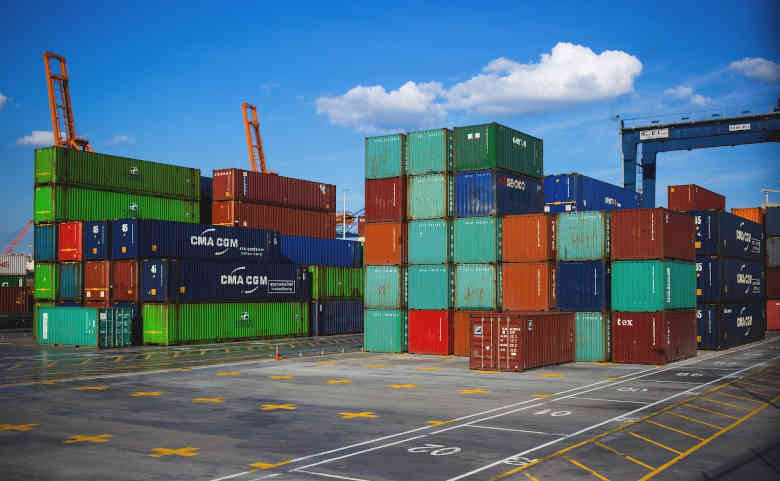The Telegraph, May 20, John Longworth
Ever since the abolition of the corn laws in the early 19th Century, it has been generally accepted in the Anglosphere that tariffs are self-harm. Of course, the mercantilist continental Europeans believe in a protectionist beggar thy neighbour approach, as we have seen highlighted during the coronavirus crisis even within the EU.
Brexit provides an opportunity to free ourselves from the dead hand of these pernicious taxes, improve the standard of living for the many and boost the economy at the same time.
Liz Truss has announced this week new most favoured nation (MFN) tariff schedules for a post Brexit Britain and they make interesting reading. The simplification of the schedule is to be commended, as is the reduction in many tariffs, some to zero, which which help boost the post-Brexit, post-coronavirus economy. However, some have been retained, for example on key agricultural products and cars.
There is the rub. The difficult balance between the extent to which the removal of self-harm is balanced by the leverage tariffs provide in future trade negotiations. There is a perfectly good rationale that the gradual, unilateral removal of tariffs by the UK will provide much of the benefit to the overall economy as trade deals would. Other nations have experienced this: New Zealand and to an extent Australia and Singapore. It is also a factor that much of the negotiating in respect of deals is related to non-tariff barriers. However, the government have clearly chosen to leave open the option of unilateral action and retain levers for negotiations with the EU and the USA.
Click here to read the piece in full.

